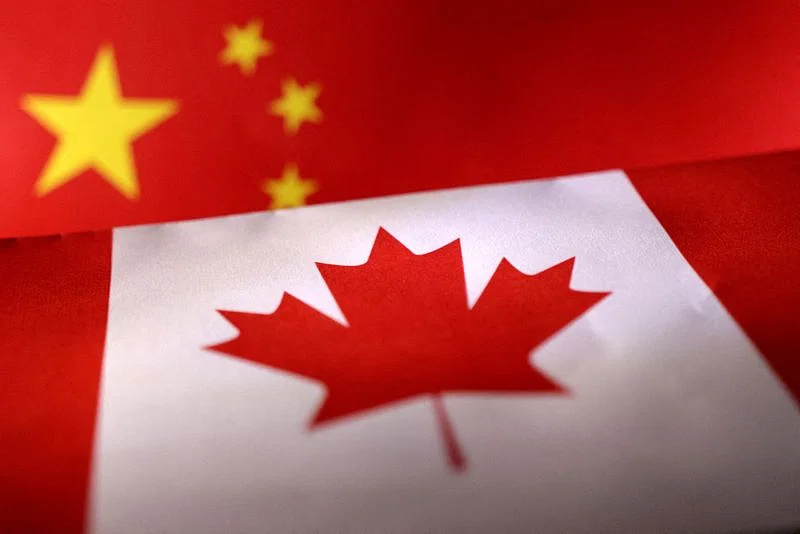New Democrat Leader Jagmeet Singh has brought attention to what he says is resistance from some federal parties to including nations other than China in a public inquiry into foreign interference in Canada’s federal elections.
Over the summer, House leaders from the main federal parties have engaged in negotiations to define the terms, timeline, and potential leadership for an inquiry. This follows media reports and allegations earlier in the year concerning China’s attempt to influence the last two federal elections. All parties agree that the interference did not impact the election results.
The discussions also follow a warning from former special rapporteur David Johnston, who criticized the Liberal government for its “serious shortcomings” in managing intelligence regarding malicious foreign entities.
The NDP is advocating for a comprehensive public inquiry that scrutinizes the actions of additional countries, including Russia, India, and Iran. “We have been pushing to say that a public inquiry should include all countries that are in a significant way trying to interfere in our democracy,” Singh said Thursday in Halifax.
Singh emphasized that some parties have been reluctant to look beyond China, despite community groups raising serious concerns about other nations. He did not specify which parties were resisting, and the extent of a potential public inquiry remains ambiguous.
In late May, both Conservative and Bloc Québécois MPs voted for an NDP motion proposing that the inquiry examines attempted interference not just by China, but also by Russia, Iran, and India. The Liberals voted against this motion.
A Conservative spokesperson claimed that the terms for the public inquiry had already been agreed upon but provided no further details. “After pressure from Conservatives, an agreement on the terms of reference for a public inquiry was reached by all parties,” stated Sebastian Skamski.
Neither the Liberals nor the Bloc responded to requests for comment on the issue.
Last week, Intergovernmental Affairs Minister Dominic LeBlanc mentioned that the government would have more information to reveal in due course. In June, Prime Minister Justin Trudeau assigned LeBlanc to collaborate with parties to evaluate needed reforms to combat foreign interference.
The government has repeatedly hinted at an upcoming announcement but has yet to provide a specific timeline.
Johnston, appointed to investigate foreign interference, had advised against a formal inquiry, arguing it would have to occur almost entirely behind closed doors. Johnston ultimately resigned from his position, referring to a “hyper-partisan atmosphere” surrounding his work.
While the federal parties seem closer to a conclusion on the negotiations, the lack of transparency and clarity on the scope and nature of the inquiry has stirred concerns among political analysts and the public. The inclusion of additional countries in the probe and the handling of intelligence could prove crucial in Canada’s efforts to maintain the integrity of its democratic processes.
Jagmeet Singh Highlights Resistance in Federal Probe into Foreign Interference and Calls for Broadening Scope Beyond China

The NDP Leader reveals obstacles in setting terms for an inquiry into foreign interference in Canada’s elections, pressing for inclusion of countries such as Russia, India, and Iran alongside China. The scope of the inquiry and the parties resisting remain unclear.
In response to Canada's Online News Act and Meta (Facebook and Instagram) removing access to Canada's local news from their platforms, Anchor Media Inc encourages you to get your news directly from your trusted source by bookmarking this site and downloading the Rogue Radio App. Send your news tips, story ideas, pictures, and videos to info@anchormedia.ca.






